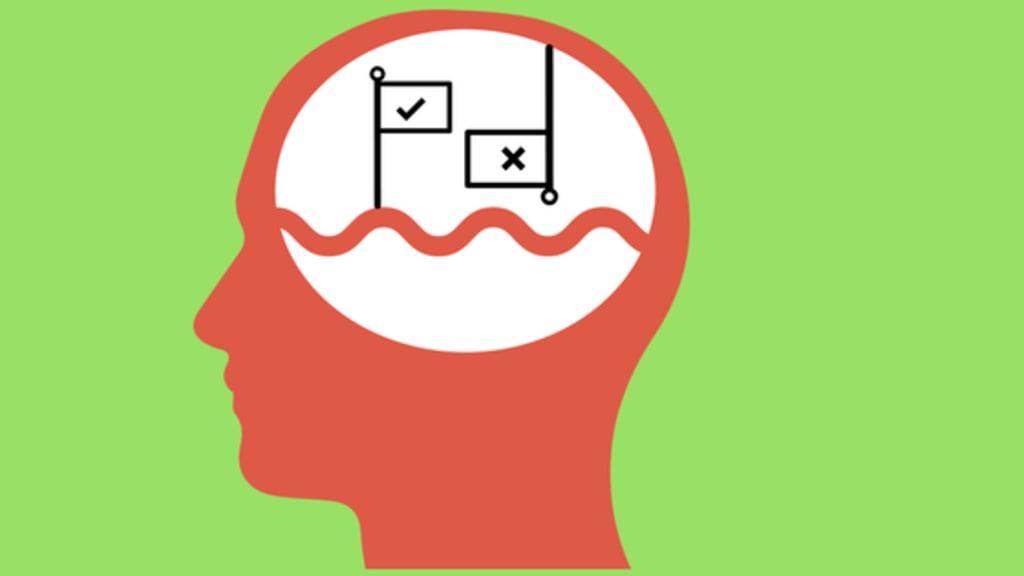How Cognitive Biases Help Us
Our brains have 200 default rules which we know as biases.

Our brain has pre-loaded rules which help us to navigate the world in order to survive and transfer our genes to our next generations. We often consider these pre-loaded rules as our biases.
What is a bias and what is a cognitive bias?
A normal bias is simply a bias. Well, you will say we all know that. Yeah, we all know that bias is reaching at a decision for favouring or going against in a certain case with some prejudiced opinions besides the facts of that particular case. But what we all might not know is cognitive bias. A cognitive bias is a bias when our feelings coming directly from our brain influence our decisions. We start feeling that this is not right or this is not wrong.
Default 200
According to Buster Benson's book Thinking Is Hard, we have 200 default rules in our brain to solve problems for our existence.We can categorize these 200 defaults into four groups to better understand them.
- Too much information: As we heard "Knowledge is infinite," there is too much information in this world and it is true that our minds cannot learn and process every bit of knowledge present in this universe. We have only five senses with which we can acquire information from the universe, but these senses are located at a point in this endless universe. So it is not possible for our senses to learn everything for us. In general, our brain does not notice much of the information from our senses, but we give attention to the information which seems weird, occurred frequently, changed from usual, and affirm our current convictions. If we do not have biases, we would not be able to filter the meaningful information from Too Much Information. So our biases help us to solve the problem of Too Much Information.
- Not Enough Meaning: Some things are just meaningless unless we do not relate them to our existing knowledge or experience. Every time we sense something new, our brain automatically relates it to the data we have in store in our brain. So this way we can utilize the potential of information that is stored in our brain (wrong or right) to correlate it to the outside information which is not so meaningful and can have an understanding of the situation at the time.
- Not Enough Time: In the situations of crisis, for example you are a soldier and you are in a battlefield. Bullets are raining. Your comrade is hit. At that time, you will be very low. You cannot consider every possibility related to the circumstances before making a decision. It is an imaginary example, but we can take a simple example like having lunch. If we do not have biases, we wouldn't be able to decide what we want to have for lunch before dying of hunger or start considering every available option. So our biases help us to make decisions in no time.
- Not Enough Memory: Our brains have a capacity. We cannot store everything in it. So to cope with this problem, we have to be critical which information we should store in our brain and which to not. To make this decision, our biases again help us. If we do not have biases, we will not able to decide which information would be useful and which one useless.
It's not that biases will be correct all the time, but what is 100 percent in this world of uncertainty? We have developed complex mental capabilities during the process of evolution, but there would be some drawbacks. But it is interesting to know that biases can sometimes be the life savers, isn't it?





Comments
There are no comments for this story
Be the first to respond and start the conversation.